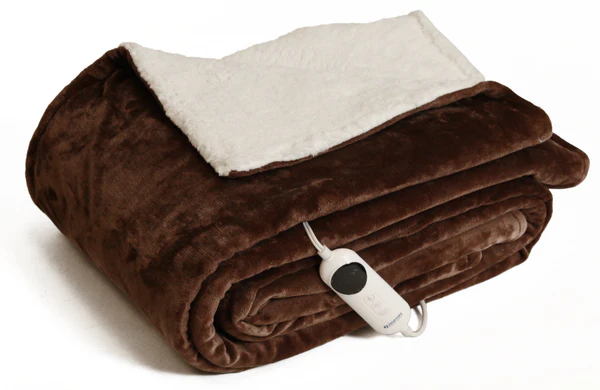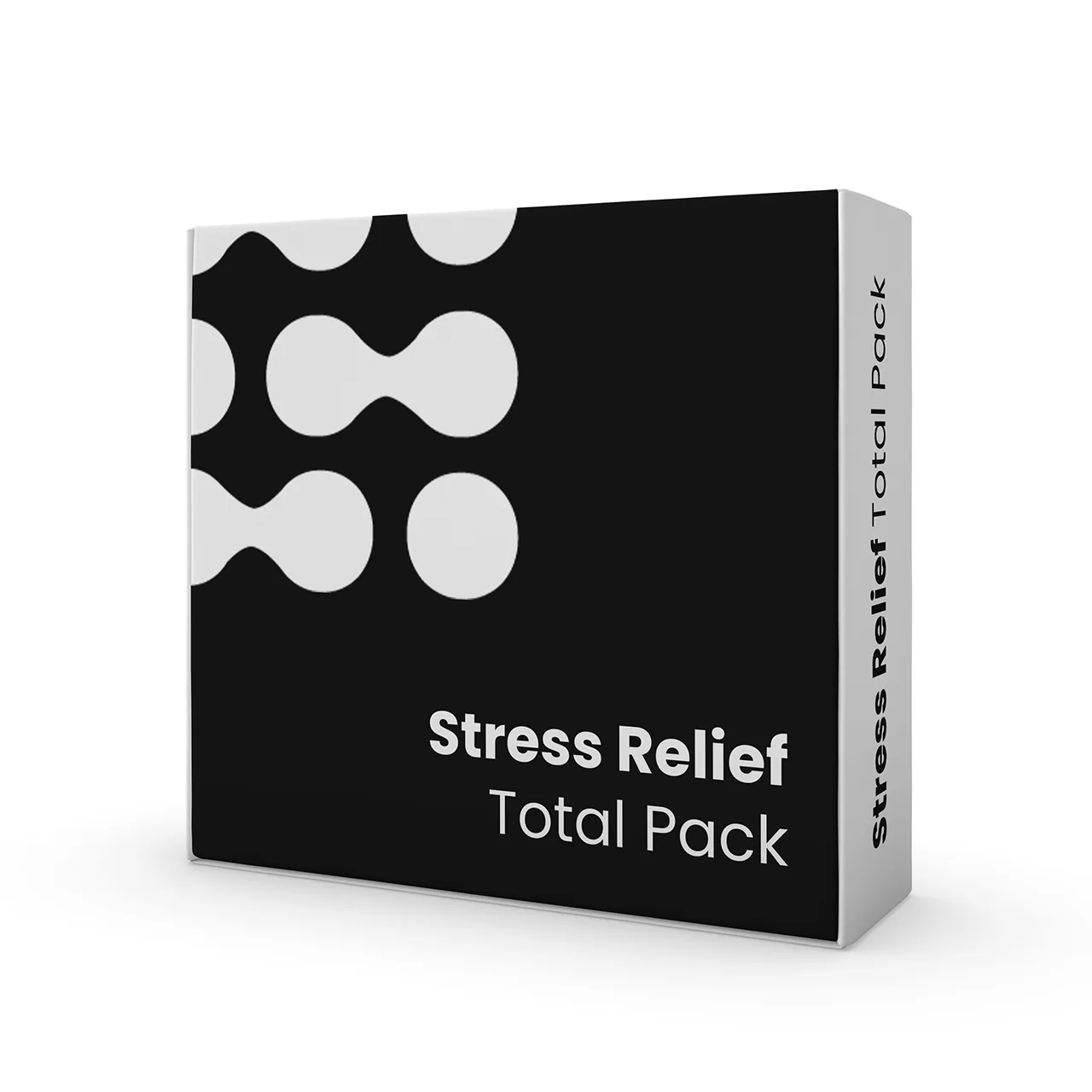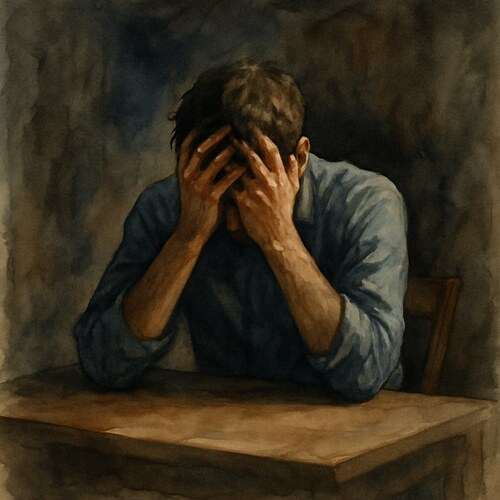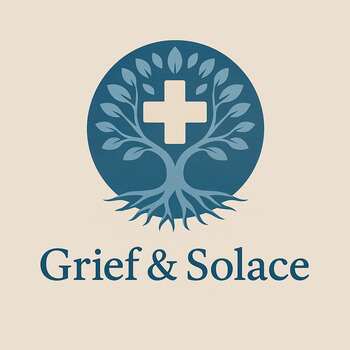Grieving Anorexia: Watching a Life Fade by Inches
Grief in anorexia is watching someone you love disappear while standing right in front of you—fighting a battle you cannot lift from their shoulders.
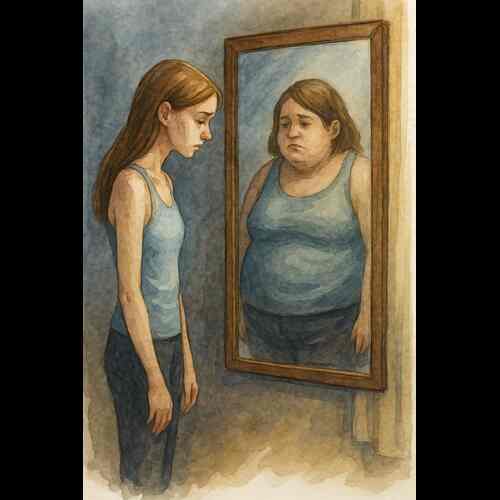
This post blends real grief with grounded knowledge. It isn’t clinical. It isn’t distant. It’s meant to sit beside you—not above you. The story you’ll read is meant to reflect what so many feel when living through or witnessing this condition: confusion, exhaustion, and quiet forms of courage.
If what you read feels familiar, please speak with your doctor. Your pain deserves more than silence.
She Counted Calories Like They Were Sins
I didn’t decide to stop eating…
I decided to get better…
To get control…
To get light…
🧠 Symptoms:
- Physical:
Irregular heartbeat, low blood pressure, and dehydration - Extreme weight loss or failure to gain expected weight
- Dry, yellowed skin; hair thinning or falling out
- Fine, downy body hair (lanugo); brittle nails; cold sensitivity
- Fatigue, dizziness, fainting, and abdominal pain
- Constipation and bloating
- Missed menstrual periods in females; reduced testosterone in males
- Stress fractures, low bone mass, and dental damage from vomiting
It started small, with just fewer snacks, cleaner food, and more water.
People called it discipline, Said “I looked good.” Said, “I looked healthy.” I would just smile. That’s the first thing the disorder gives you…praise.
It wraps itself in compliments and encouragement and wellness trends until you don’t even notice it becoming a religion.
I started counting EVERYTHING: Calories, Steps, Hours since I last swallowed anything solid. I told myself I wasn’t “sick” I was just…
“committed”. Focused, In charge, but honestly? I was never in charge.
Eventually, I stopped feeling hungry, and I don’t mean I just resisted it,
I mean it was gone, like it had been cut out of me.
My body stopped asking, My heart kept beating, but slower…
My thoughts got quieter, but meaner…
My friends faded, but so did the guilt…
I didn’t laugh anymore, Not really, I smiled when prompted, I nodded when asked, I wore big sweaters in the summer and said I was cold.
I started deleting food photos from my feed, hating the sound of chewing. I’d watch cooking shows like they were porn.
I just really wanted to be around food, but I just didn’t want to ever have to answer for it.
Complications:
- Fatal arrhythmias or electrolyte imbalances—even in non-underweight individuals
- Heart failure, kidney problems, and anemia
- Osteoporosis, loss of muscle mass, and infertility
- Depression, anxiety, OCD, and substance misuse
- Self-injury or suicide attempts
- Irreversible organ damage from prolonged malnutrition
Causes:
- Genetics: Traits such as perfectionism or high sensitivity may be inherited
- Mental health factors: OCD traits, anxiety, or depression often coexist
- Environmental pressures: Cultural ideals, social media, and peer judgment
- Diet culture and trauma: Social or medical shaming and childhood transitions
People say anorexia is about being thin but it really isn’t…it’s not.
It’s about *winning.*, about control, about having something that’s entirely yours.
And eventually, it becomes about not being here.
Because there’s a point where you’re not trying to look good anymore;
You’re just trying to disappear elegantly.
They weighed me in secret, they lied about the numbers so I wouldn’t spiral, they made me eat in groups, in clinics, in supervised homes with cameras in the dining room.
They said I had to gain weight before I could think clearly again…
That scared me more than dying.
And the worst part?
They were right.
Risk Factors:
- Family history of eating disorders
- History of weight-based bullying or dieting
- Adolescence and puberty-related stress
- Major life transitions (moving, loss, new school/job)
My brain didn’t start coming back until the weight did.
My thoughts didn’t soften until I hit numbers that made me want to scream. The warmth didn’t return to my fingers until my face started to round out again.
Recovery wasn’t a victory; It was betrayal…at first…
But then I heard music again!
And laughed…actually…laughed.
And someone hugged me and I didn’t flinch.
One day, I bit into a piece of bread without counting it in my head first, and I cried because I’d forgotten what living tasted like.
My family still watches me like they’re waiting for the lights to flicker again.
Sometimes…I am too.
But I eat now!
I rest now.
I stay.
It wasn’t hunger that hurt the most—it was forgetting what full felt like
📘 Diagnosis & Treatment
Diagnosis involves:
Physical exam: Vital signs, weight check, skin/nail assessment
Lab work: CBC, electrolytes, liver/kidney/thyroid panels, urinalysis
Mental health evaluation: Screening for distorted thinking or self-harming behaviors
Imaging: X-rays and ECGs to assess bone health and heart function
Treatment Approach:
Team-based care: Involving doctors, mental health professionals, and dietitians
Medical stabilization: Hospitalization for acute health risks like arrhythmia or severe malnutrition
Nutritional rehabilitation: Meal plans, weight restoration, and monitored refeeding
Therapy:
CBT to challenge disordered thoughts
Family-Based Treatment (FBT) for teens, empowering parents to manage meals
Ongoing psychological support to prevent relapse
Medication:
No direct pharmacologic treatment for anorexia, but antidepressants may support co-occurring conditions
Lifestyle & Support:
Adherence to care plans and therapy is essential
Minimize visual triggers: Avoid self-weighing or excessive mirror-checking
Vitamin supplementation as needed (e.g., Vitamin D, iron)
Holistic care options: Yoga, massage, and meditation may aid relaxation
Crisis management: Support groups like NEDA or F.E.A.S.T. are vital resources
Avoid misuse of diet pills, herbs, or stimulants that increase health risks
I know this is heavy, and I understand that the road ahead may feel like a tangle of loss and unanswered questions. But please hear this: you are not broken because you are hurting; you are not weak because you are afraid. You are living through something real, and survival itself is a kind of grace. You are allowed to struggle, you are allowed to hope, and you are allowed to not have all the answers today. Whatever comes next, you do not face it empty-handed; you carry every moment of love that shaped you, and that will always be enough to keep going.
🎀 Gifts to help With Anorexia
🏥 Everyday Comforts for Everyday Battles
Managing Anorexia often means needing a little extra help.
Sometimes it’s about restoring dignity, ease, or simply getting through the day with less pain.
These carefully chosen tools aren’t just items, they’re small bridges back to living.
This section is about finding practical support, never shame.
Luxury Heated Throw – For the Girl Who Says She’s “Just Cold”
When the weight starts slipping, warmth becomes a stranger. This heated throw is more than cozy—it’s comfort disguised as self-care. For the daughter, sister, or friend who’s always bundled up but insists she’s “fine,” it offers gentle heat without confrontation. Soft, safe, and quiet—just like the early signs we’re often too afraid to name.
🌿 Paths to Healing Beyond the Map
Sometimes traditional medicine isn’t enough.
If you’re exploring gentle, alternative options to help with Anorexia,
you might find comfort in plant-based compounds like **CBD or CBG**.
*This section is not medical advice—just a door left open.*
USA Medical Stress Relief Total Pack – Supporting the Inner War Behind the Mirror
Anorexia isn’t about food, it’s about fear, control, and emotional overload. This Total Pack combines CBD, calming botanicals, and adaptogens to help reduce anxiety, stabilize mood, and soften the inner storm. It’s not a solution, but it can support therapy, calm spirals, and create space for healing.
A gentle ally when the noise inside is louder than any hunger.
🧠 Note: We do not recommend Gut Health or Weight-based supplements for anorexia. No metabolism boosts,. No appetite stimulants, Only products that serve emotional safety and physical support.
Need a Different Path Forward?
Every journey through grief looks different. Choose the next step that speaks to where you are now:
When You're Ready to Start Healing
Healing doesn’t mean forgetting.
It means finding small ways to carry your grief with strength and grace.
These are the stories, tools, and gentle steps to begin walking forward…at your own pace.
When You're Still in the Thick of It
Sometimes healing feels like a lie.
If you’re not ready to move on…if the pain still roars louder than the world wants to hear…this is the place where you’re allowed to feel it.
No sugarcoating. No pretending. Just truth.
When You're Holding on to Who’s Still Here
Grief reminds us to love louder.
If someone you love is still with you, this is your place to celebrate them, honor them, and create new memories while there’s still time.
Joy and sorrow can live side by side.

